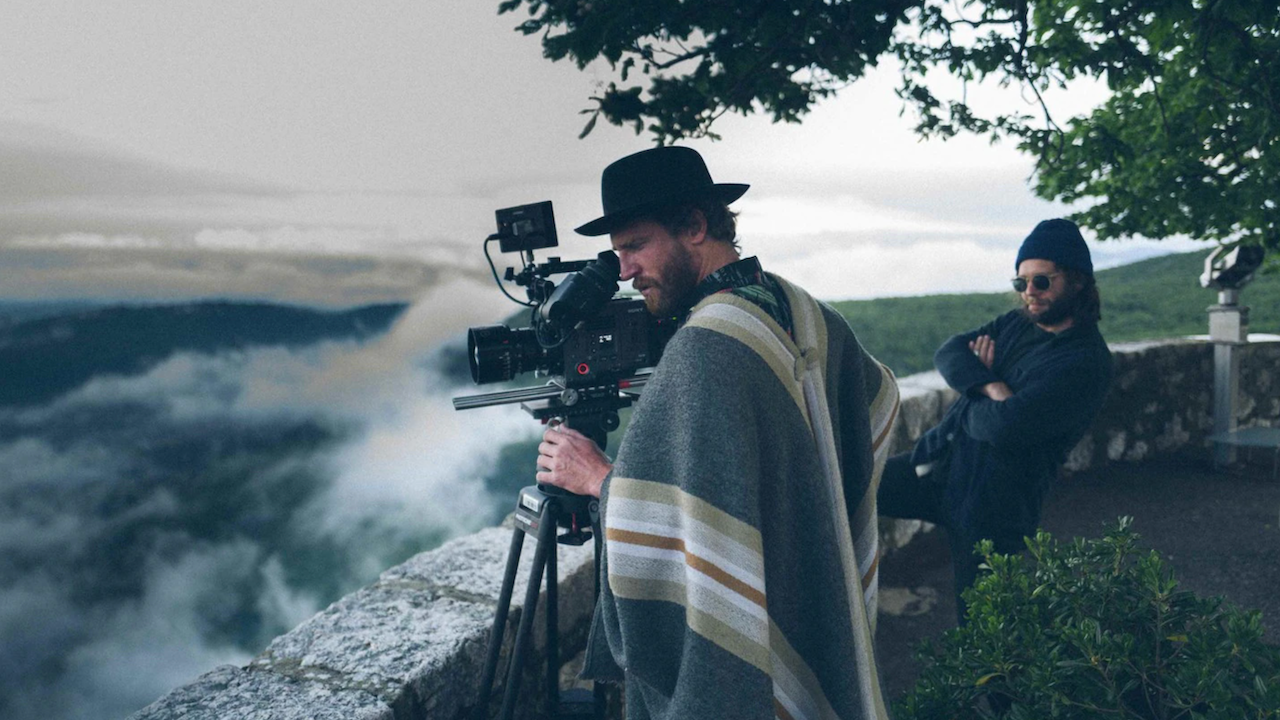While luxury brands have been engaged in producing high-quality short films for many years, they are increasingly seeking to stand out by upgrading their content. The most committed brands are sharing in-depth stories, taking measures such as establishing production entities, jostling for recognition on the international film festival circuit, and negotiating deals with streaming platforms.
The LVMH-owned Dior has taken a novel approach for its recent feature-length perfume documentary, Nose. After premiering at the 2020 Tribeca Film Festival, Nose became available for rent or purchase on global streaming platforms Apple TV, Amazon Prime Video and Google Play in February, in a marked departure from the standard practice for brands to give away the content they produce for free.
Nose shares a compelling narrative of the luxury brand’s master perfumer, François Demachy, following him on a global journey from Indonesia to Italy to France over the course of two years as he searches for flowers and scents that can be incorporated into Dior perfumes. The value for audiences is expressed in an introduction to the film’s teaser trailer, noting that the prestigious House of Dior has “opened its doors” to share the process of perfume creation for the first time, revealing the production of the elite fashion house’s scents.
Nose is in fact part of a broader trend among premium brands taking content to the next level by creating films that can contend for critical acclaim and viewer dollars. The directing team of Dior’s Nose, Arthur de Kersauson and Clément Beauvais, run a production company, Mercenary Production, that has created other notable branded documentaries, such as 2014’s The Greasy Hand Preachers, a celebration of custom-made motorbikes that was funded by BMW and two other bike-related companies, Belstaff and Motul, and premiered at the San Sebastian Film Festival.
This year, luxury automaker Lexus’s Chinese-language film Day is Done, for example, won the Silver Bear Jury Prize at the 71st Berlin Film Festival. The film, co-produced by Lexus and the First International Film Festival Xining, responds to a prompt from the car manufacturer to represent daily life in East Asian culture. Social media reaction in China has emphasized the film’s ability to win an international award on the festival circuit and its impressive aesthetic qualities despite being a marketing film.
Gucci’s The Future is Fluid, which premiered at the Sundance Film Festival in 2019, was produced by Irregular Labs in conjunction with Gucci’s Chime for Change campaign, centering on 13 voices embracing gender fluidity. Helmed by 24-year-old director Jade Jackman in partnership with Irregular Labs, a research firm producing regular reports on Gen Z trends, the production allowed Gucci to align itself with progressive values and aims to appeal to a younger target audience. Gucci has since taken a more inclusive approach to brand films, with its November 2020 GucciFest online film festival highlighting not only the Italian luxury house (via a multi-part short film directed by Gus Van Sant), but also a crop of emerging designers whose film efforts were supported by Gucci.
Meditation app Headspace is another brand making major moves towards premium content, looking to the potential of Netflix’s vast audience amid an anxiety-filled pandemic year. Its deal with the streamer for three series has so far seen the release of the “Headspace Guide to Meditation” on January 1 (perfectly timed to New Year’s resolutions) and the “Headspace Guide to Sleep” in late April. The shows, produced by Vox Media Studios, are available only to Netflix subscribers, who pay at least $8.99 per month in the United States.
Some brands have gone as far as creating their own studios, such Nike’s Waffle Iron Entertainment, which worked with Imagine Documentaries and professional basketball player Chris Paul to produce The Day Sports Stood Still, on the impact of the coronavirus pandemic, for streaming on HBO. More recently, premium skincare brand SK-II launched a production entity to focus on telling women’s stories, a logical next step for a brand that has won numerous awards for campaigns based around films that tackle thorny social issues.
The jury is still out on whether premium and paid content will be an effective way for luxury brands to market themselves. Film festivals do not guarantee widespread visibility, but the exclusivity of winning awards can elevate the brand and its products. With the pandemic bringing more content online, streaming and social media platforms offer brands a greater chance of having their films seen. Premium content also brings the possibility of longer forms of storytelling, giving companies more time to tell compelling stories that audiences will be willing to pay for.
